Alcohol Use and Cancer
Information from the American Cancer Society about the link between alcohol use and cancer.
If you’re new to Zuckerberg San Francisco General, start here. We’ll do our best to point you in the right direction.
We give top medical care in a caring place. We serve all San Franciscans, no matter their ability to pay.
You can learn how to get here, find your way around, and get the help and support you need.
We provide world-class care for the people of San Francisco, regardless of ability to pay or immigration status.
Getting checked early, staying active, and making healthy lifestyle choices all help to reduce your risk of getting cancer.

Early detection through regular screenings saves lives!
Genetic testing for cancer is important because it can show if you carry inherited traits that increase your risk. Knowing this helps you and your care team take steps for early detection, prevention, or personalized treatment.
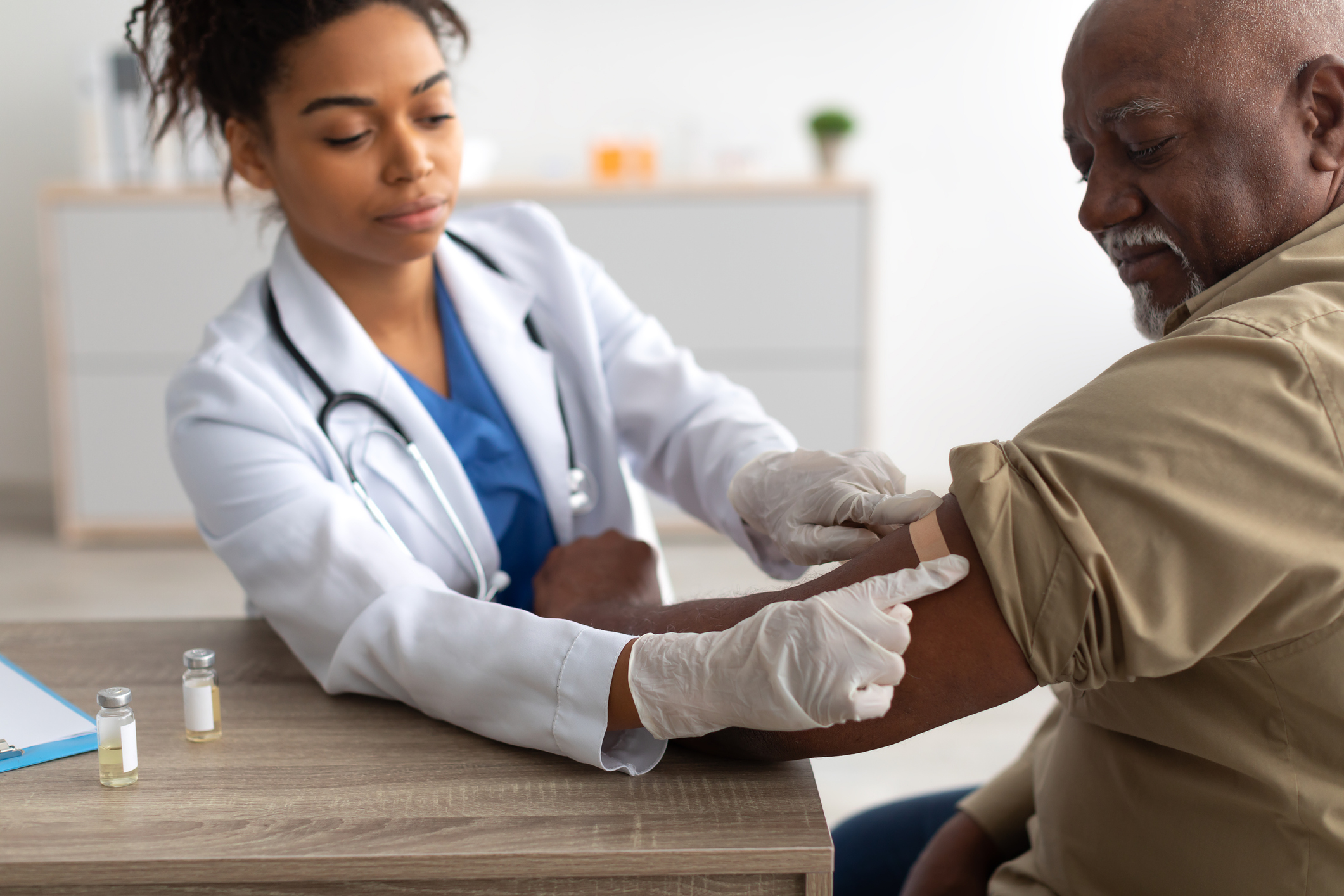
Check with your provider about which vaccines you need and when. See below for the recommended adult vaccine schedule and cancer prevention.
Diet, physical activity, and healthy lifestyle choices play a big role in lowering your risk of cancer. They directly affect how your body functions and how it can protect itself.
Ask your provider for support and learn more about how to reduce your risk.
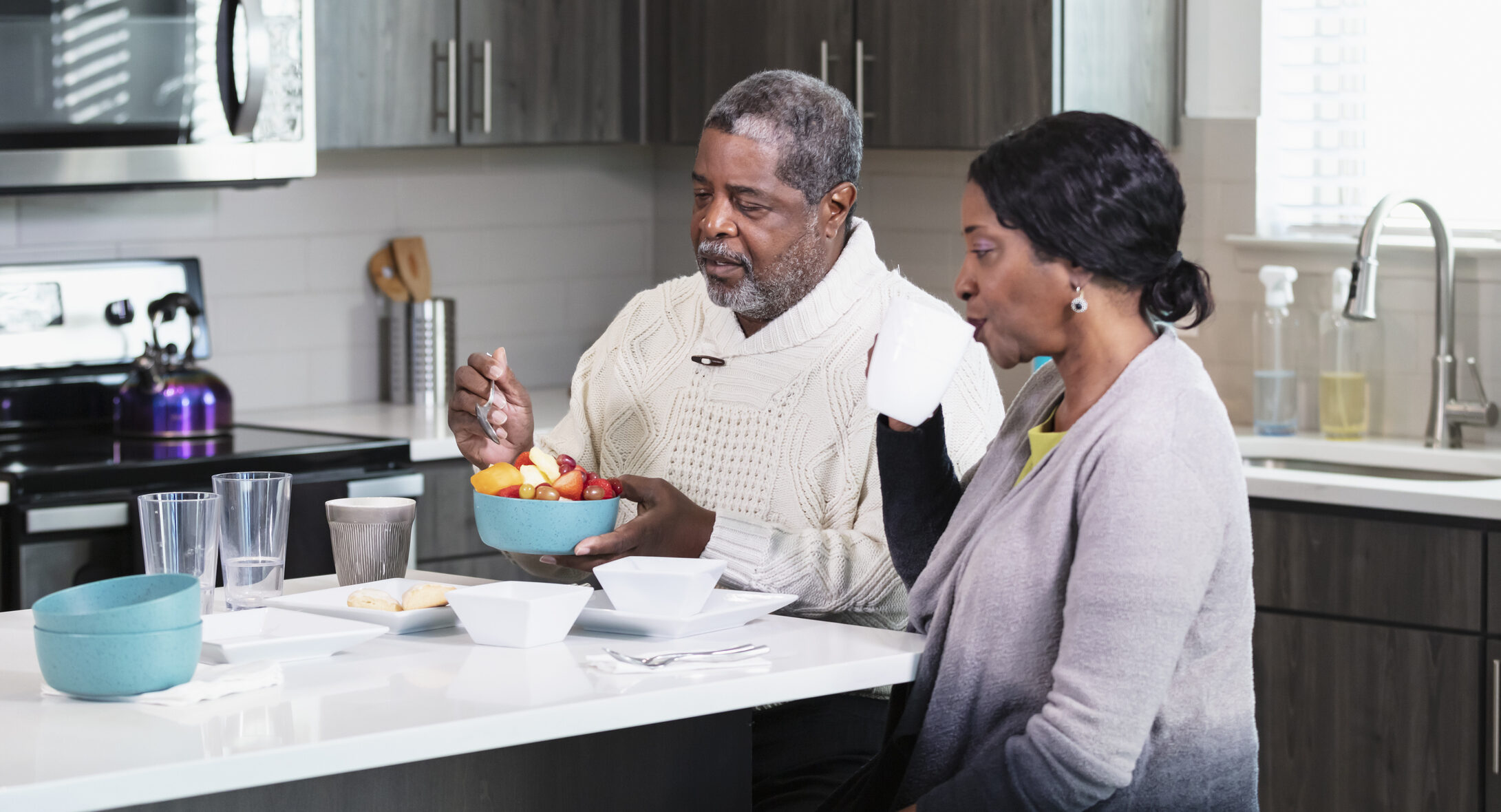
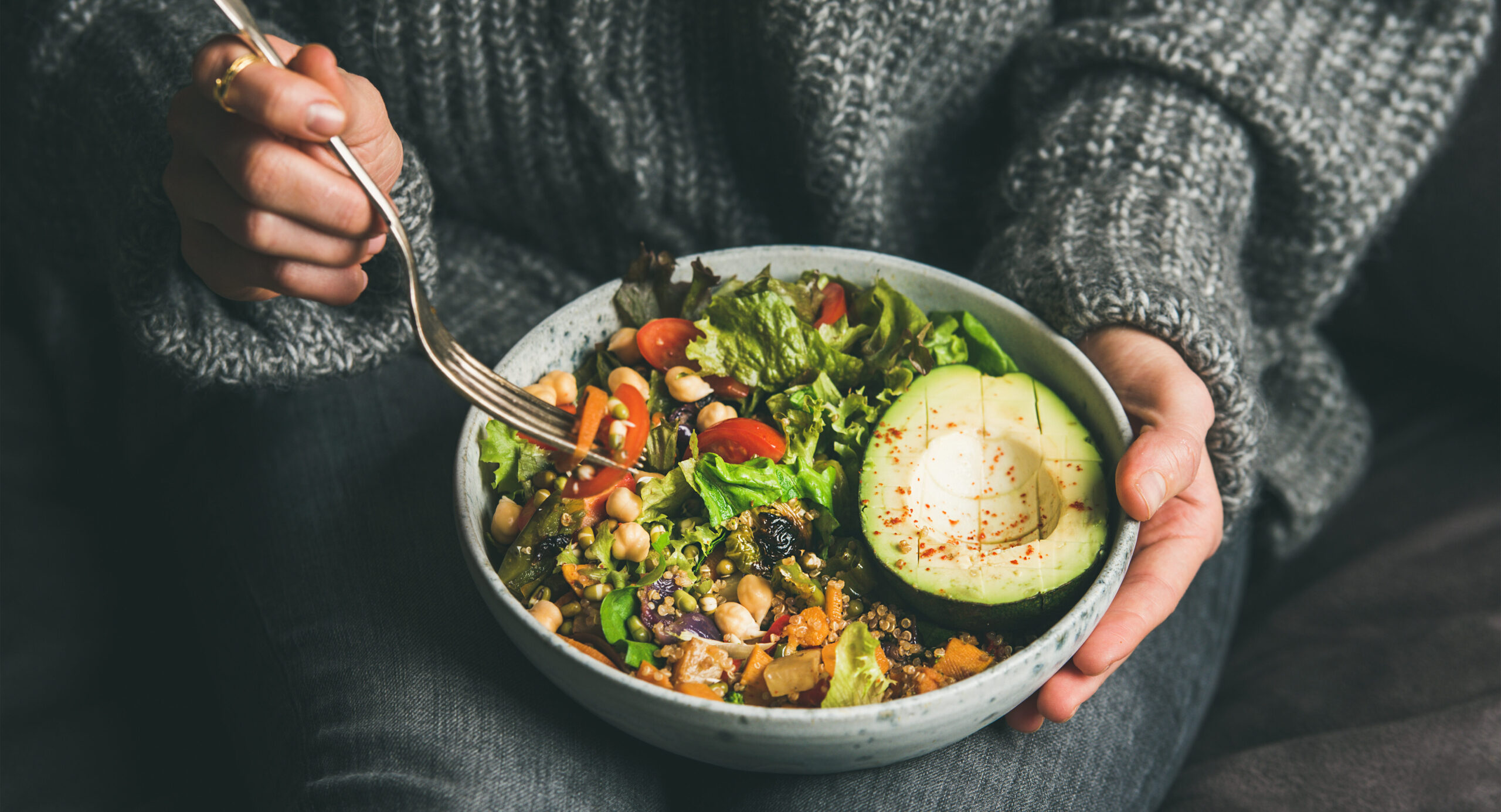
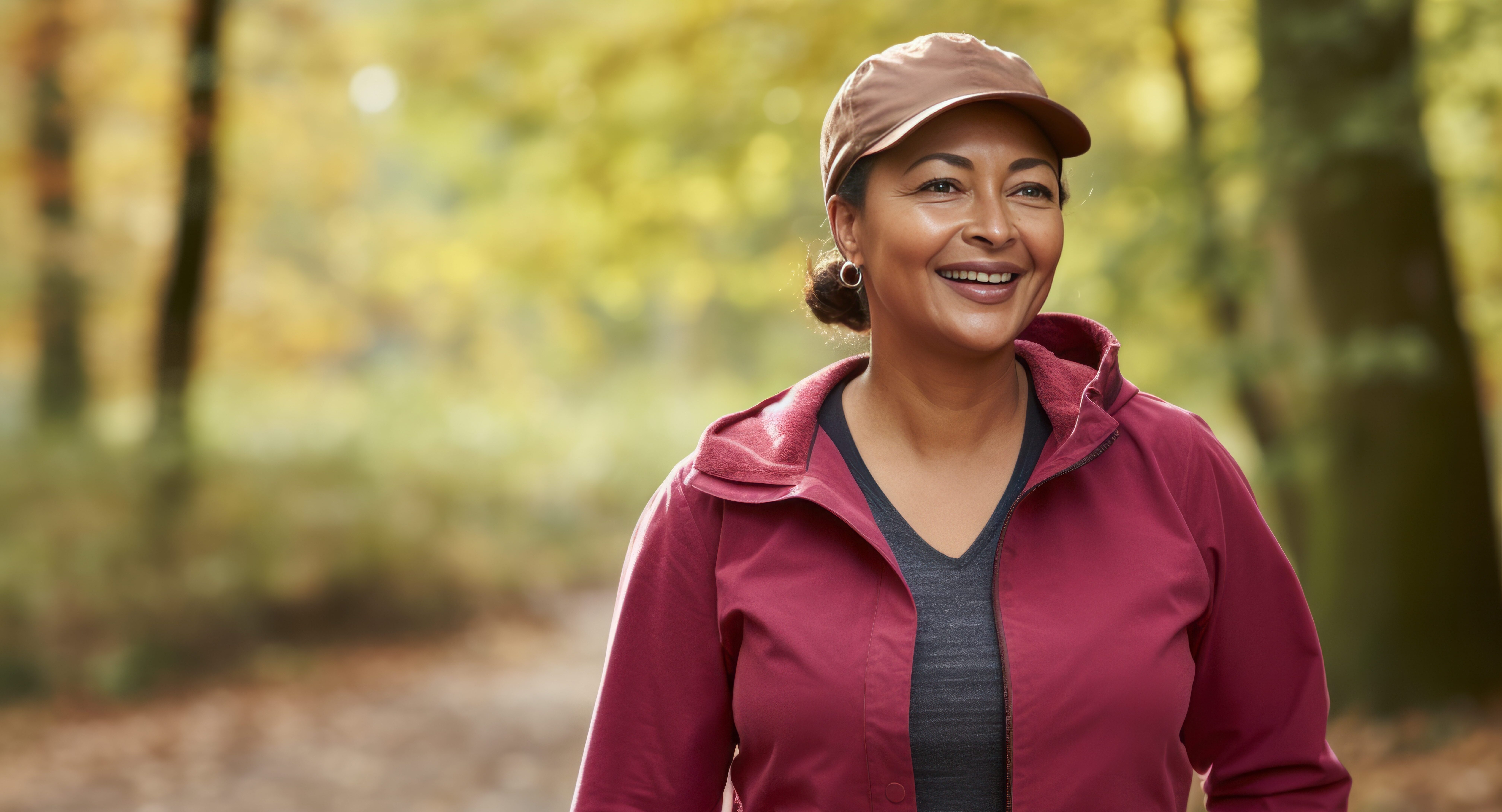
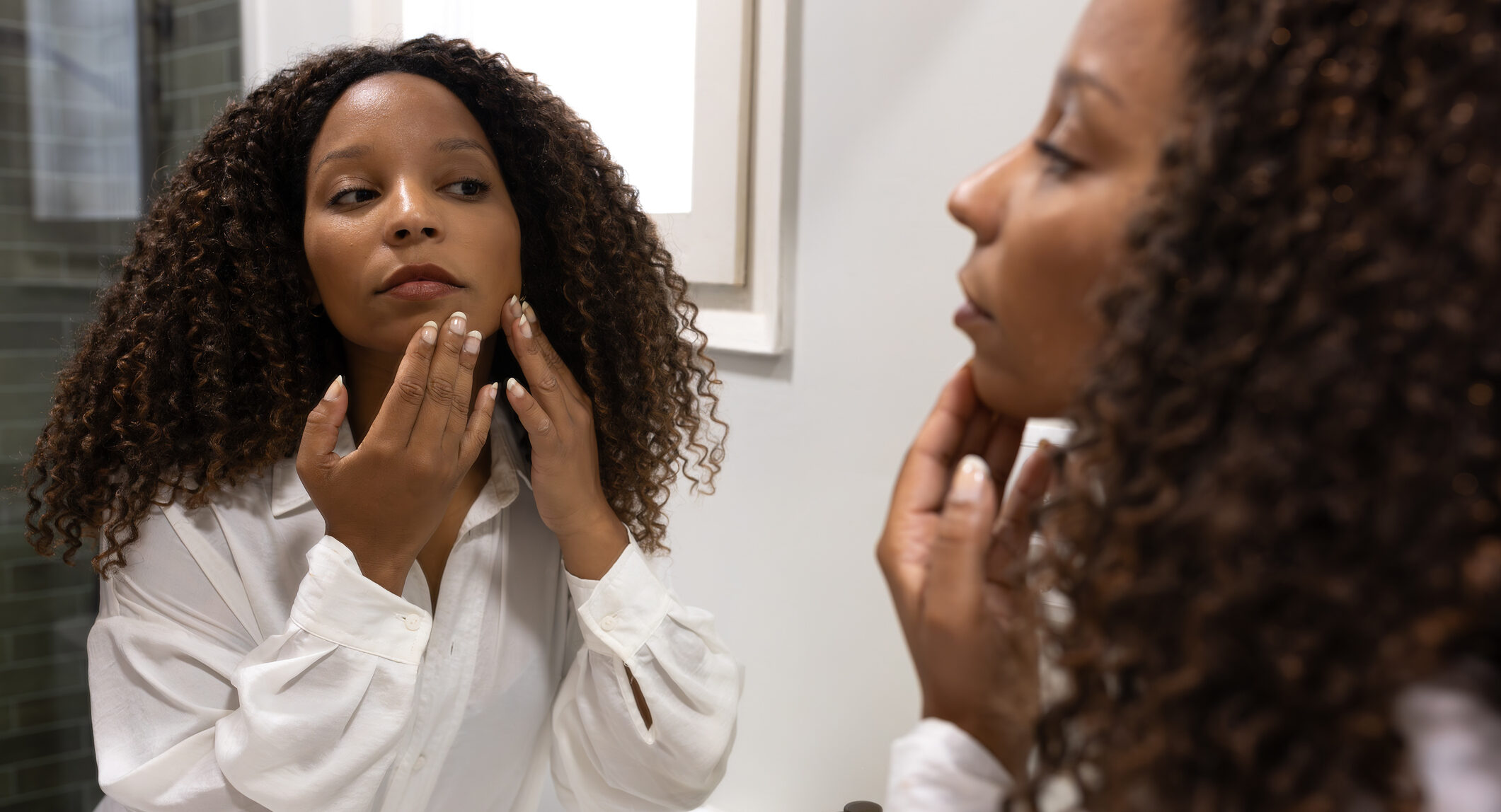
You can’t avoid sunlight entirely, but you can limit UV exposure with a few simple steps:
Do skin self-exams often and let your provider know of any concerns. How to do self-exams is described below.
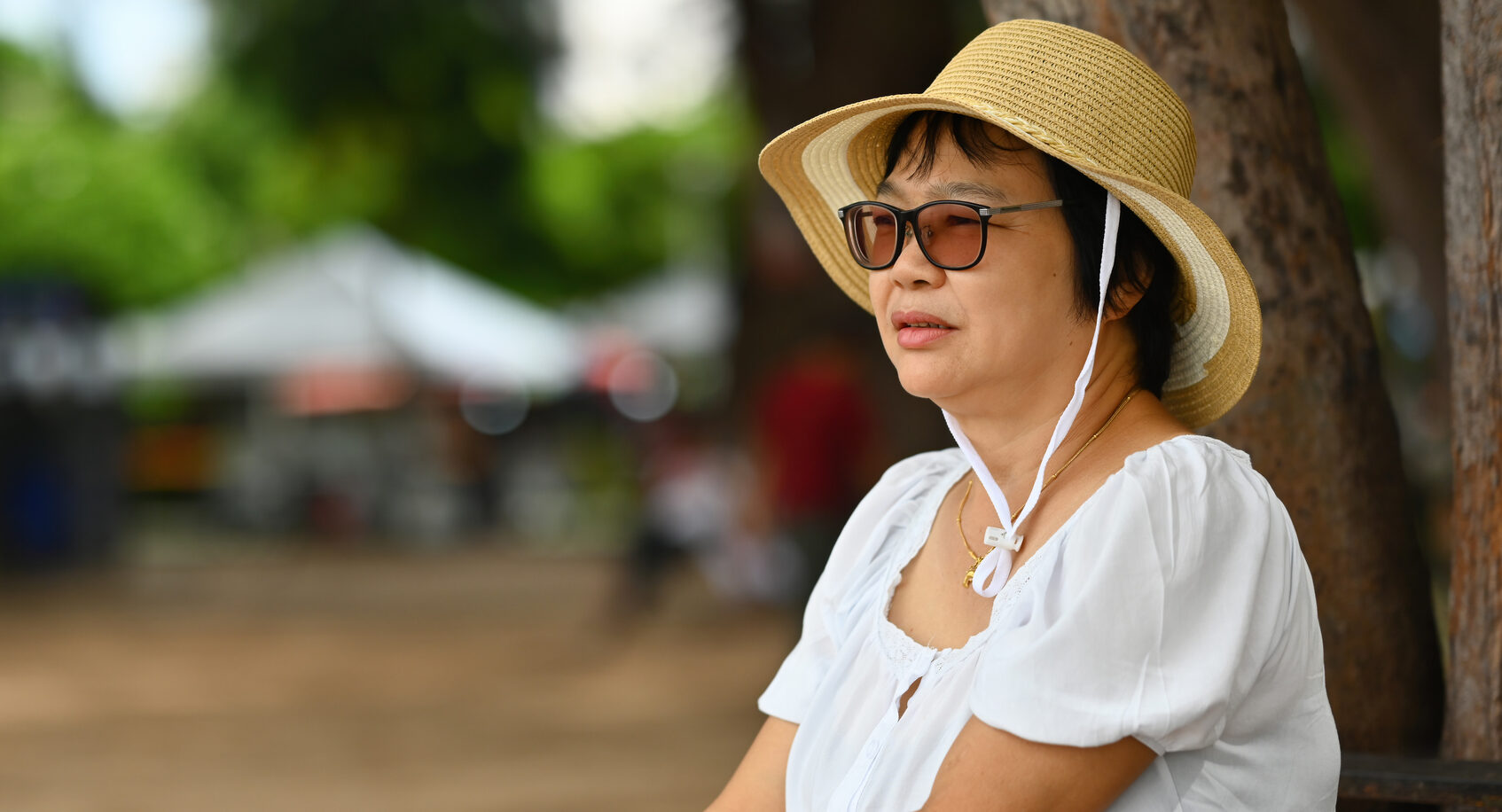
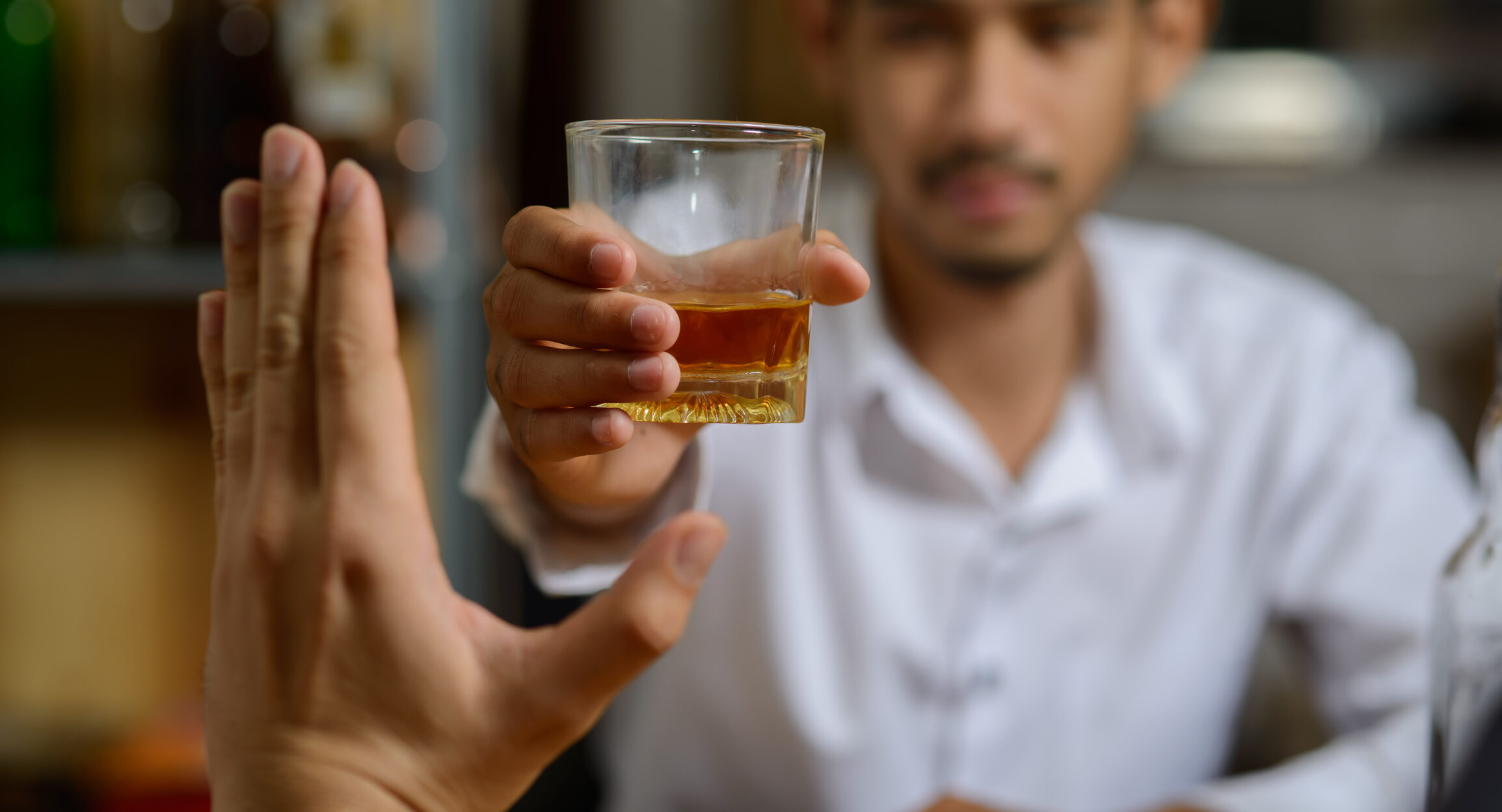
Expert tips, videos and practical guidance on healthy living.